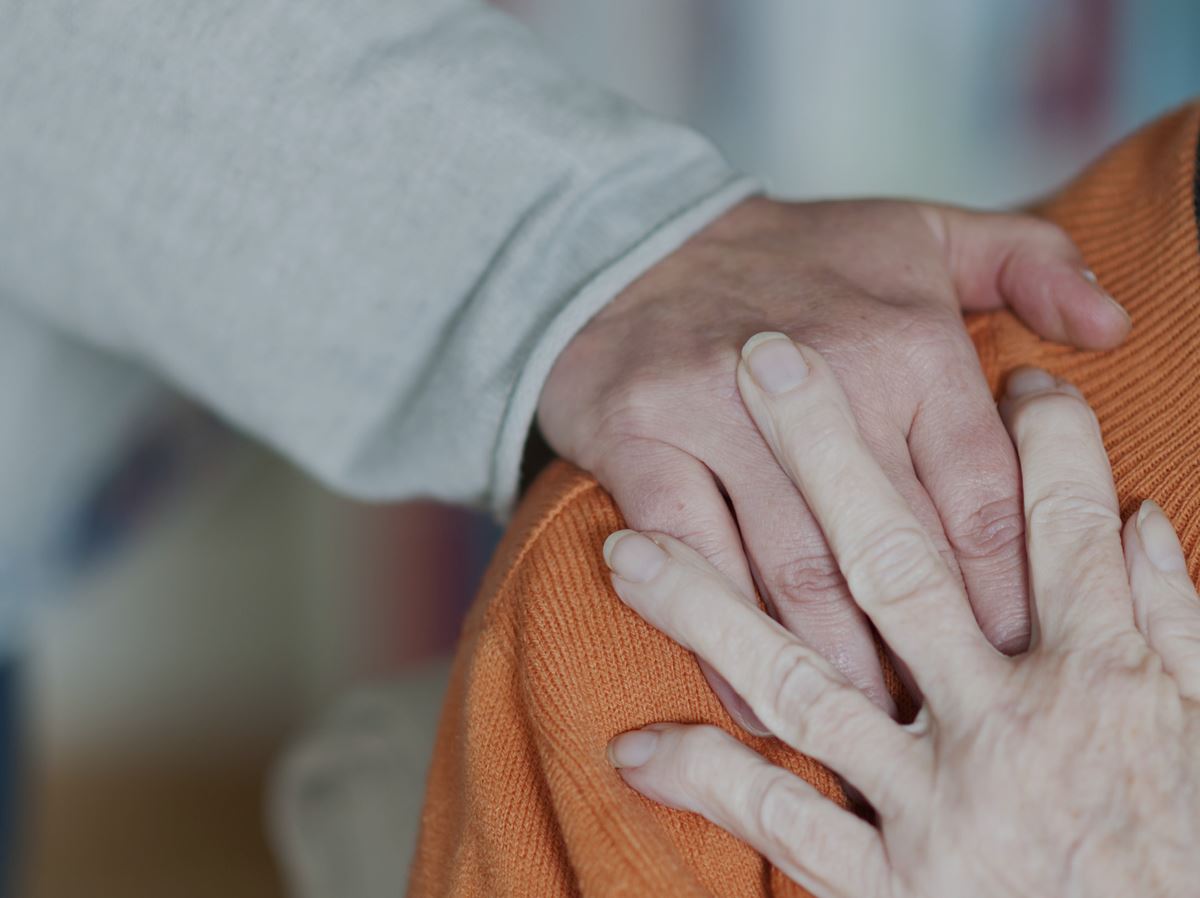
Grieving process and psychological support for families
Published on April 4, 2017
- Services
Even though death is part of life, it doesn’t mean that grieving is easy. Grieving families can benefit from psychological support to help them find the strength they’ll need to get through their difficult suffering.
Support Throughout the Grieving Process
When a loved one dies, not only is there an overwhelming feeling of sadness over their loss, but their departure upsets the lives of survivors, who must then find their bearings and recover. Grieving people need someone to listen to them and support them throughout all the stages of this ordeal, from the shock of death to recovery, while going through stages of denial, anger, and the intermediate stages of depression. Whether they turn to a loved one or a professional, the important thing is to respect the grieving process and to understand the difficulties that may arise in order to avoid them. Obviously you should consider the fact that each person mourns differently and that the degree of pain they experience depends on their relationship with the deceased.
You must adapt to a grieving person in order to properly support them. Some bereaved need to be alone at first, and the best thing to do in this case is to simply let them know, without imposing, that you’re available if they need help. Others feel the need to confide in and be around others, so it is important to be able to support them during these difficult times. Lastly, there are also people who feel the need to escape to feel alive and recover, and their choice should be respected.
Help Overcome Grief Without Avoiding It
Although difficult, grief is necessary and takes time. Trying to avoid it is a mistake and may cause the bereaved to never fully recover from losing a loved one.
• Listen: Let the grieving person express themself, and helping them put words to their feelings can provide them with some relief. Moreover, it helps them realize that what they are experiencing is common for all bereaved, even though each individual copes with it in their own way.
• Encourage the person to talk about their life since the loved one’s departure. Reformulating what they say also helps to recognize their feelings and to make them move forward in their thoughts.
• Let the pain express itself. Seeking to appease it or remove it is not the goal of the process. Sadness and pain are part of the grieving process and are a necessary part of the recovery process.
• Allow them to express guilt. The bereaved person may feel guilty for not having loved or protected enough, or for not being there enough for the deceased. Empathetic listening is fundamental to allow the bereaved to be able to express their feelings, which they will have a naturally tendency to repress.
Essential Support in Special Cases
Even though most people do not need outside help after losing a loved one under normal circumstances, such as the death of an elderly person, other mourning requires psychological support. This is particularly the case with suicides or violent deaths due to accident, assault, murder, war, or even when dealing with multiple deaths. Families may also misunderstand and have difficulty accepting organ donorship, even though it was the deceased’s choice. Good support can help families accept the deceased’s last wishes and better accept the fact that their loved one opted to donate their organs.
Psychological support can help people find the strength and the best path to take to overcome the pain of grieving. Additionally, support can help with recovery and prevent the grieving from becoming solitude and isolation or transforming into a real physical or mental illness.